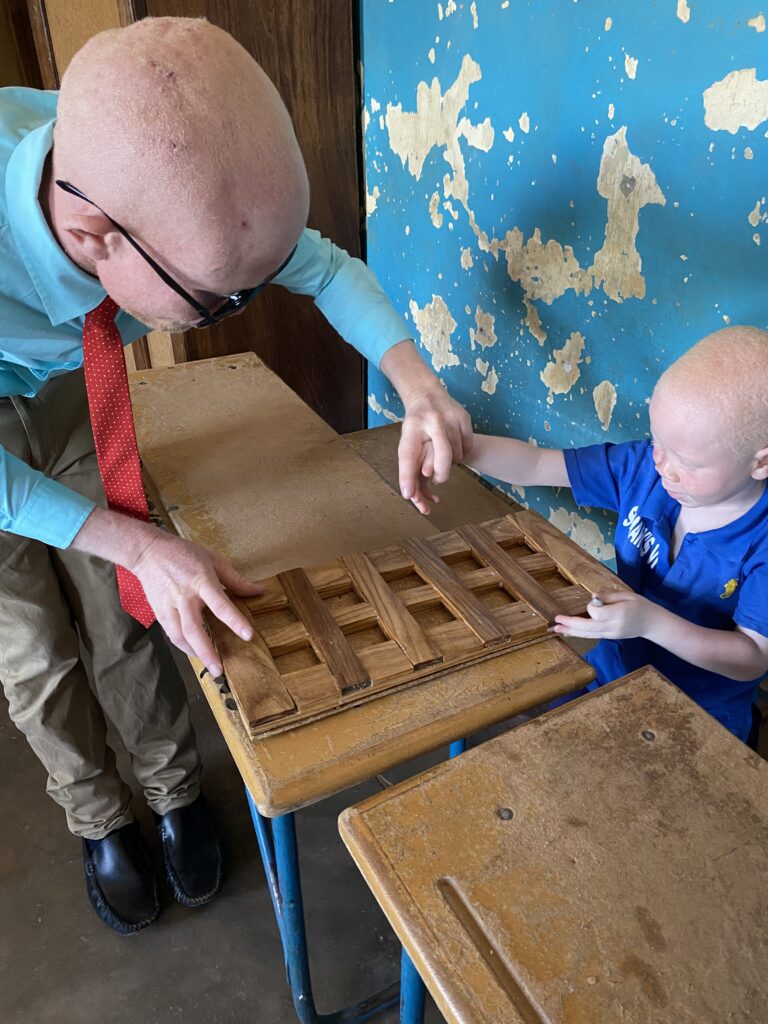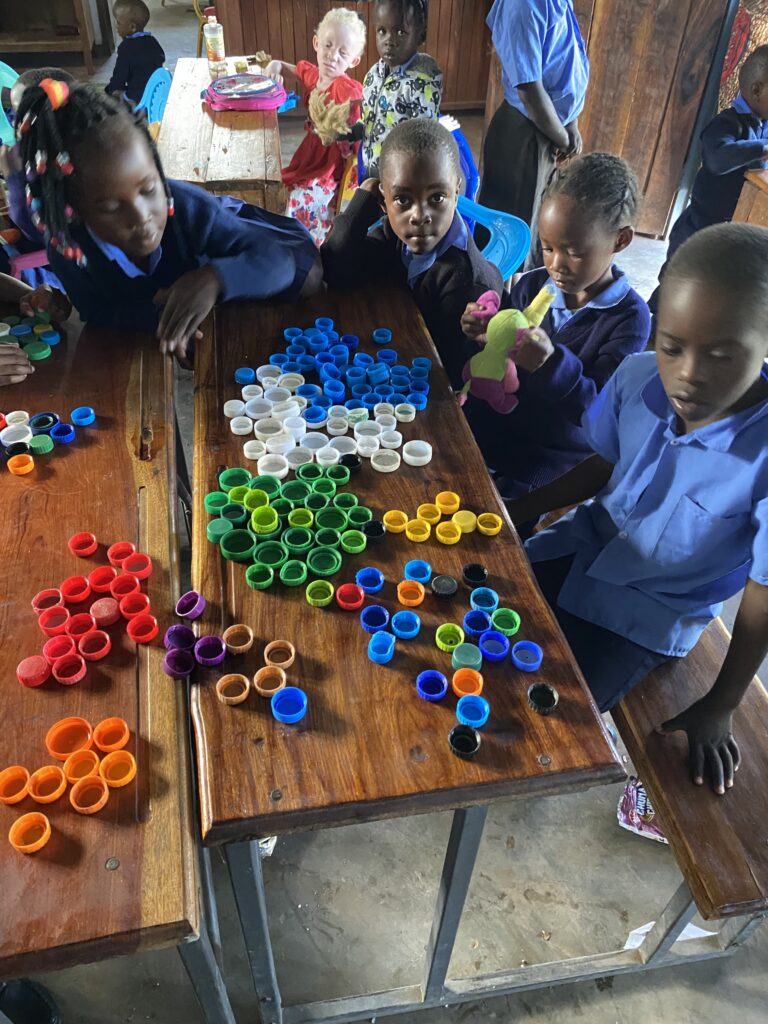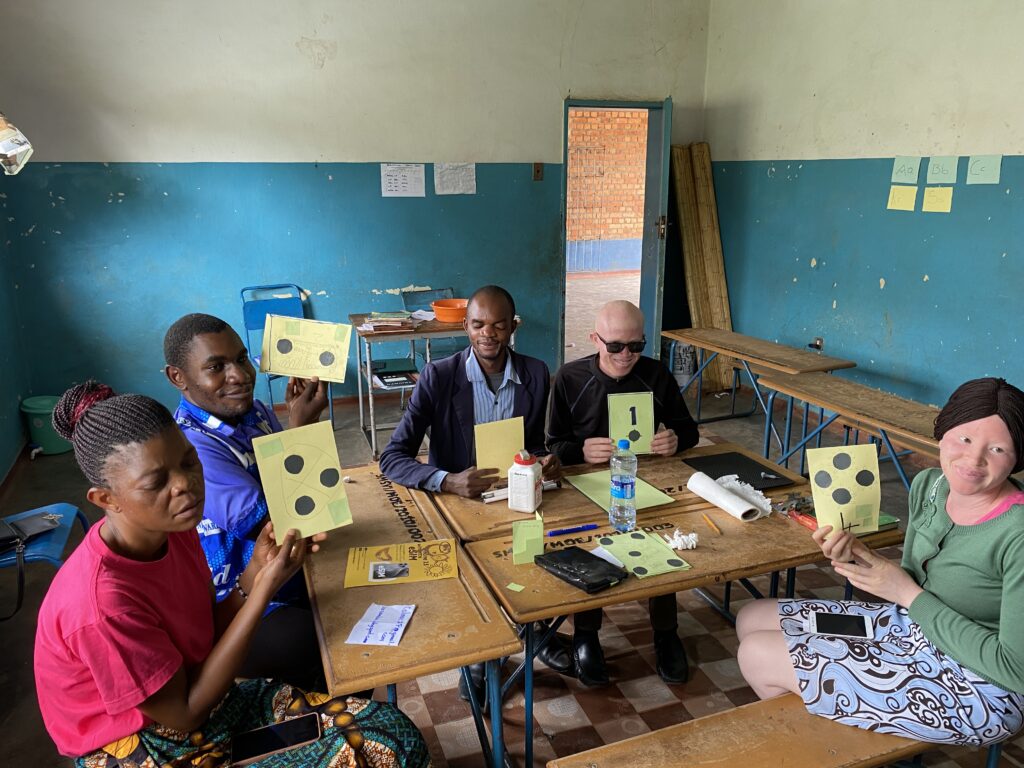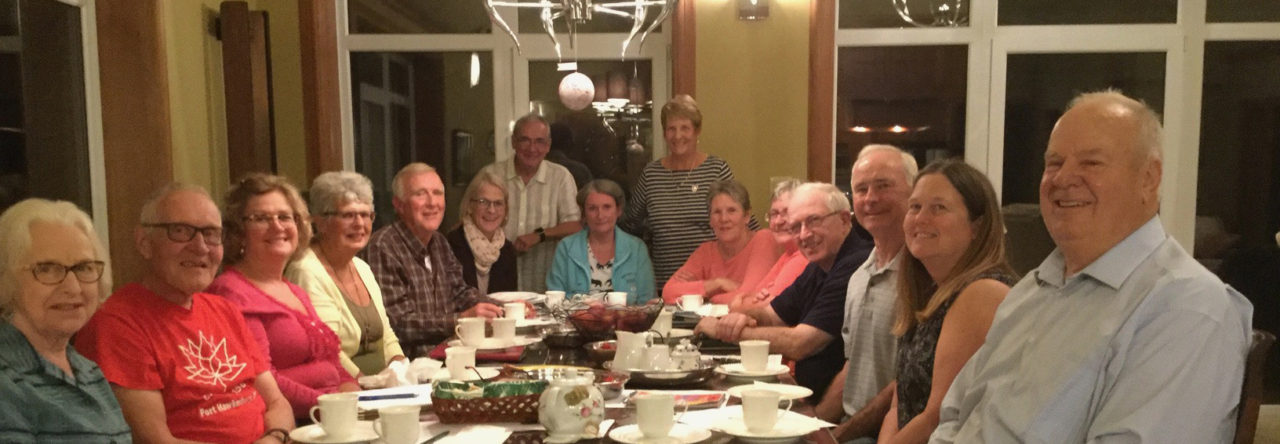Inverness County Cares (ICC) trip to Zambia was an eye opener when it comes to how truly fortunate, we are to live in Canada. Yes, we have cold weather and lots of snow but we live in a land of plenty. Our education System is one of the best in the world and our schools have highly qualified staff and many resources available.
The Kawambwa and Mporokoso schools are balancing a fine financial line between, adequate food, maintenance, health care and providing the teachers and students with learning support. Because of the assistance of Chalice, ICC and many Canadian supporters they have surmounted the hurdle of feeding the children, and they now have a tasty, ample and nutritious diet. This is also due to the sisters’ ambitious garden and farm program which produces much of the school’s food.
Zambia is a product of the English Colonial system and when they left Zambia, part of their legacy was their education system and many of these methods have lingered. While our Canadian system emphasizes innovative, active learning and creative thinking, the Zambian system is still in the listen, repeat, memorize and recall mode but is beginning to move toward a more student-centred approach.
The teachers and administrative staff are committed to their teaching duties and discipline is not an issue. The students know they are fortunate to have a place where they have plenty of food and an opportunity for an education which will give them a chance to achieve a comfortable standard of living in Zambia and a sense of service to their nation. The Kawambwa Site Schools’ administration understand the value of making resources for the blind and visually impaired students a priority, despite the expensive prices of Brailon and Braille papers.
The teachers are in need of more professional development to build on techniques which will assist children with learning challenges, mainly visual impairment and blindness. The teachers and students have a shortage of teaching and learning materials. The elementary classes have a lack of books to read, and few learning aids such as counters, blocks, alphabet cards, dominoes and games.
Students of all ages benefited from the knowledge and experience of the Canadian teachers. The delicious smells from the home Economics Class attracted the attention of teachers and students alike. Those attending the classes were introduced to new methods of preparing their native food. Several ways of serving squash, potatoes, cake and chicken were taught. When Winnie asked for two chickens for her class, she was provided with two live squawking chickens. They don’t come in a Styrofoam package in Zambia.
Betty Jane awakened a love of music in many of the students. The heightened senses of the visually impaired drew them to the melodies coming from the music room. With her extensive musical experience, she was able to give students the gift of realizing their musical talent. The musical instruments ICC brought to the schools have awakened a new love of music in students. In the few short weeks, we were in Zambia, Betty Jane had an impromptu band formed by budding musicians. She also put on her nurse hat and gave advice on how to use the medical supplies brought from Canada and shared medical knowledge with the teachers in the Sickbay.
Charlotte found her niche with the Braille students who enjoyed her presence and the encouragement she gave as they practiced their reading skills. They in turn taught her the very basics of Braille. She also helped with actual teaching in the Jr High and spent a good deal of her time working individually with students who needed extra support.
Colleen spent time in the elementary classrooms and worked with teachers to introduce creative ways of using local materials to construct teaching aids to make their classes more student centered and interactive.
Keeping in mind there is a very limited budget for learning materials we tried to come up with free materials in their environment that will act as teaching assists. Bottle caps of all colours are easily found on the school and village grounds. These bottle caps can be used to learn numbers and letters. The top side can have the capital letter printed in Sharpie marker and the inside of the cap have the lowercase letter. The same goes for the numbers.
All the children learn Braille. It is a six-cell code with different placements of these six dots. The bottle caps can be punched from the inside to form representations of the braille letters. The carpentry shop, at our request, made us some math ten frames which are used to help children learn the factors of the number ten and can be used for many other math exercises. The teachers of the blind saw another entirely different way of using them. They used the first six cells of the ten frames to teach braille to the beginners.
Since books are very limited the teachers were taught how to make books that will appeal to the sighted as well as the blind students. They used sandpaper, white glue and manilla paper to create number books. The sandpaper created a tactile surface for the blind students. Teachers were introduced to the old favourite Canadian school book, ‘Brown Bear, Brown Bear’ by Bill Martin Jr. and taught how they can reproduce the idea of this book with the students through patterning.
Changing instructional methods are always a gradual process and the teachers were encouraged to involve the children in their learning by bringing lessons alive with tactile materials, games and creative involvement.
During our visit to Zambia, ICC members worked very hard to begin the task of mending infrastructure to ensure the staff, administration and children have a clean, safe and pleasant place to live and learn. After experiencing the reality of life at the schools, Inverness County Cares is determined to address as many of the infrastructure needs as possible and make daily life at the schools more comfortable and conducive to the learning needs of the students. By the time we departed for home, we were pleased to see that the work ICC had initiated, concerning the lighting, water, sewer, windows, painting, flooring, was completed.
Inverness County Cares (ICC) is a local charitable organization, founded in 2012 and based in Inverness County, NS, Canada. ICC works in partnership with Chalice.ca, a Canadian charity, based in Bedford, Nova Scotia. Chalice provides guidance and assistance to help ICC provide a better life for the children at the Kawambwa schools. The Kawambwa Project involves supporting two schools for albino and visually impaired students, in Northern Zambia. Inverness County Cares always welcomes new members. Individuals who wish to donate, can use the donate button on our website https://invernesscountycares.com When using E-transfer, please include your mailing address for CRA tax receipts and a thank you message. E-transfer address: [email protected] or send a cheque to Inverness County Cares, 5414 Route 19, Judique, NS, Canada, B0E1P0. Taxation receipts provided for USA and Canada.



